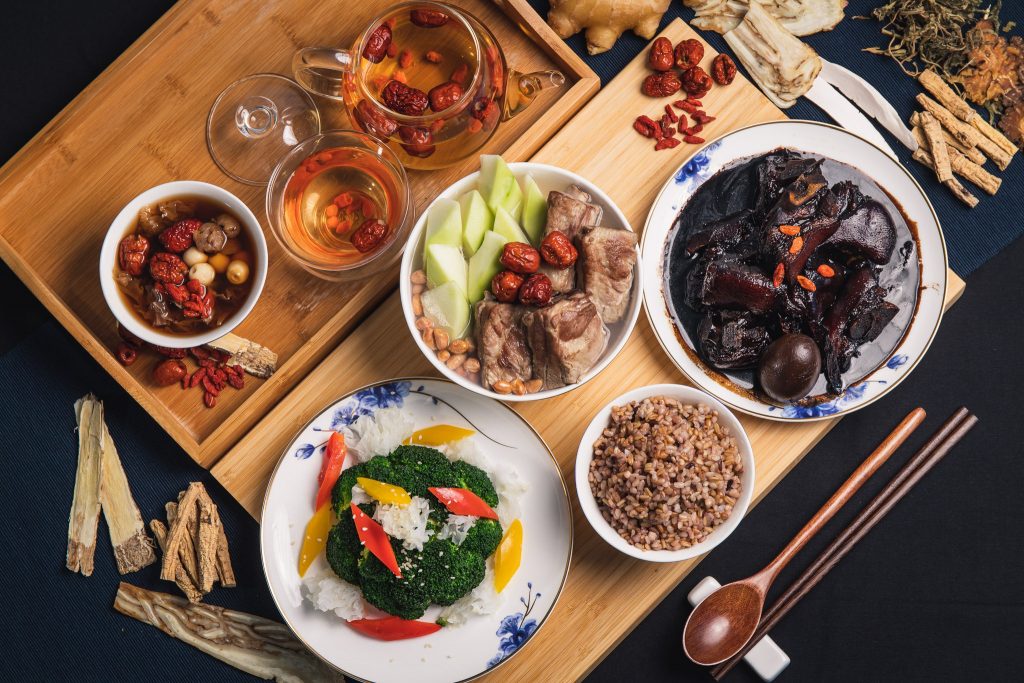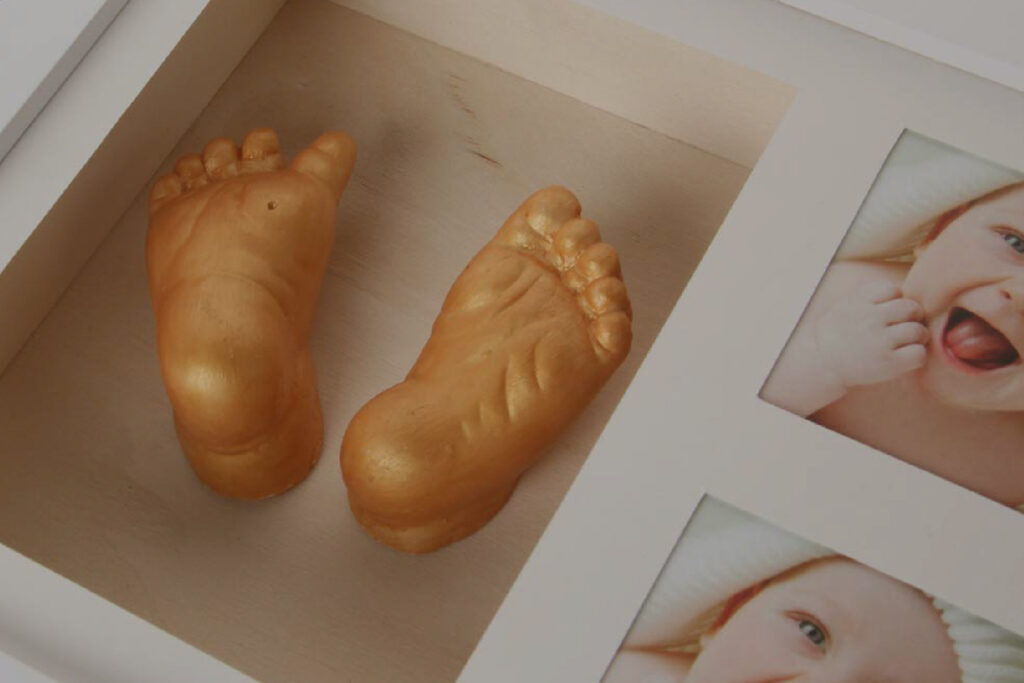- +60 103850911
- spinkconfinement@gmail.com




Daily baby check
by In-house Doctor.
Safe and Secure Stay
Private lift access to centre, entrance to baby and mother’s room only by access card
combine a modern nutrition diet and traditional confinement recipes to work out the three stages of the nutritious menu
Weekly mother’s interest class, to ensure adequate support to new mother so that they are stress free and prevent post partum depression
The concept of ‘Confinement’ (Zuo yue zi) has been long existed in Chinese culture for over 2000 years. Traditional Chinese Medicine believe postpartum period is the time where a woman turns from a ‘hot’ state to ‘cold’ state and they enter a vulnerable state. Women body underwent huge physiological changes during pregnancy and delivery therefore confinement period is for them to rest and to replenish Qi and blood that have lost in the process of delivery.
Traditionally, women are told to stay at home and adhere to many traditional rules and regulations after they deliver their babies. Some of the old beliefs include no washing of hair and body, to stay in bed all time, avoid wind, fan and air conditioner, eating traditional confinement food made with ginger and sesame oil, can only eat meat, liver and herbs, cannot drink plain water etc. These practices have been followed by our ancestors and are deeply rooted in Chinese culture. Modern mothers and younger generations find it difficult to adhere to it as most of the practices are very restrictive and rigorous. Young mothers often undergo a lot of stress and emotional instability when they are forced by elderly to adhere to all these traditions, some might even get postnatal depression due to this.
So there comes a new term called ‘scientific’ confinement (科学坐月) where people combine the modern medicine and traditional medicine for confinement care. This modern concept is currently more widely accepted by the young population especially in Asian countries like Taiwan and China. Most modern confinement centres also follow this scientific confinement care. Different from traditional confinement care, scientific confinement care is more reasonable and has a scientific explanation to what can do and what cannot do and what to eat and what cannot eat.
A Comfortable environment with adequate sunlight and ventilation for new mother to rest in
Personal hygiene care
Balanced and nutritious confinement diet
Appropriate postnatal exercise to strengthen body system
To relieve bad mood and prevent postpartum depression
Around 90% of mother has anxiety post delivery and 10% suffer from postnatal depression.
Get enough rest.
Join mama club and share knowledge.
Family members to show support and care
Pelvic muscle strengthening
Practice Kagel exercise for pelvic muscle strengthening and prevent pelvic organ prolapse and incontinence later in life.
Identify common postnatal complications and its treatment
Common postnatal problems include infected wound, episiotomy wound breakdown, mastitis, breast abscess, post-partum haemorrhage.
Seek expert advice or medical assistance if you notice any discomfort or abnormalities with your body.
Sexual life post delivery
Sex can resume 42 days after delivery.
Exclusive breastfeeding act as a method of natural contraception.
Should take care of contraception 6 weeks postpartum, barrier method is preferable.
By combining modern/ scientific confinement care with traditional confinement care, we aim to provide best postnatal care to new mothers. So, wait no more, join us for an extraordinary postnatal journey!
Spink Confinement Penang
1st floor, 18, Jalan Pasar,
Pekan Ayer Itam,
11500 Ayer Itam, Pulau Pinang
Phone: +60 103850911
Spink Confinement Petaling Jaya
17/47, Jalan Harapan,
Seksyen 17, 46400 Petaling Jaya,
Selangor Petaling Jaya, 46400 Selangor
Phone: +601 49859719
Spink ConfinementCheras
No. 19A-7 & 19B-7, Level 7, Blok E, Kompleks Komersil Akasa Jalan Akasa, 43300 Cheras, Selangor
Phone: +6011-2869 8025
Brought to you by Spink Confinement And Baby Care | Copyright © 2022-2026 | All Rights Reserved
WhatsApp us